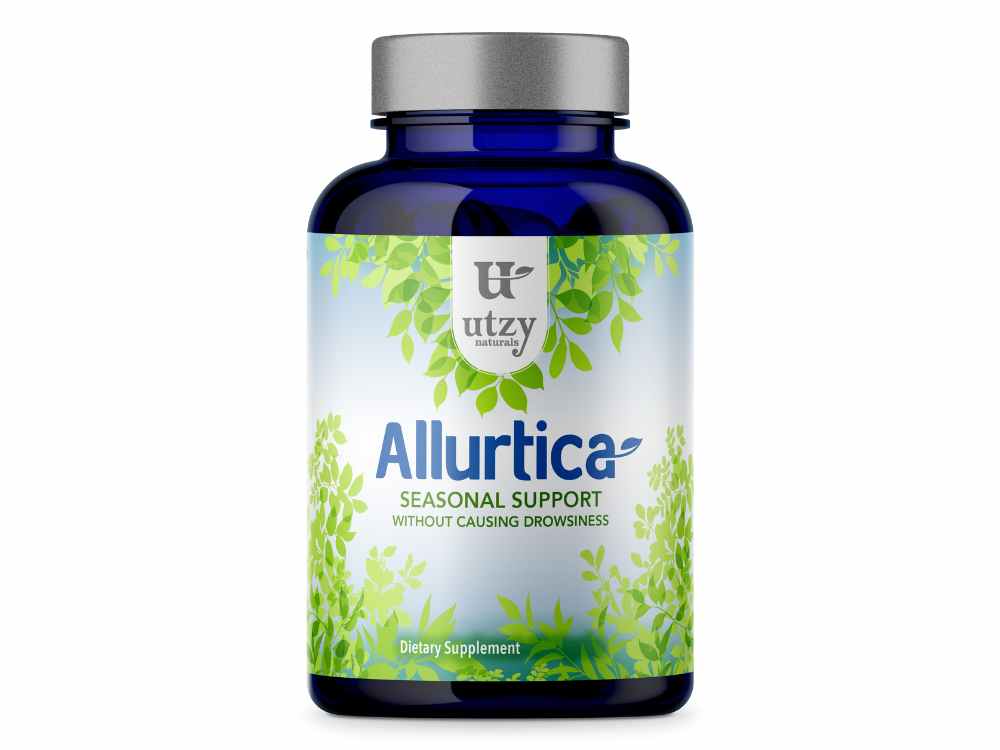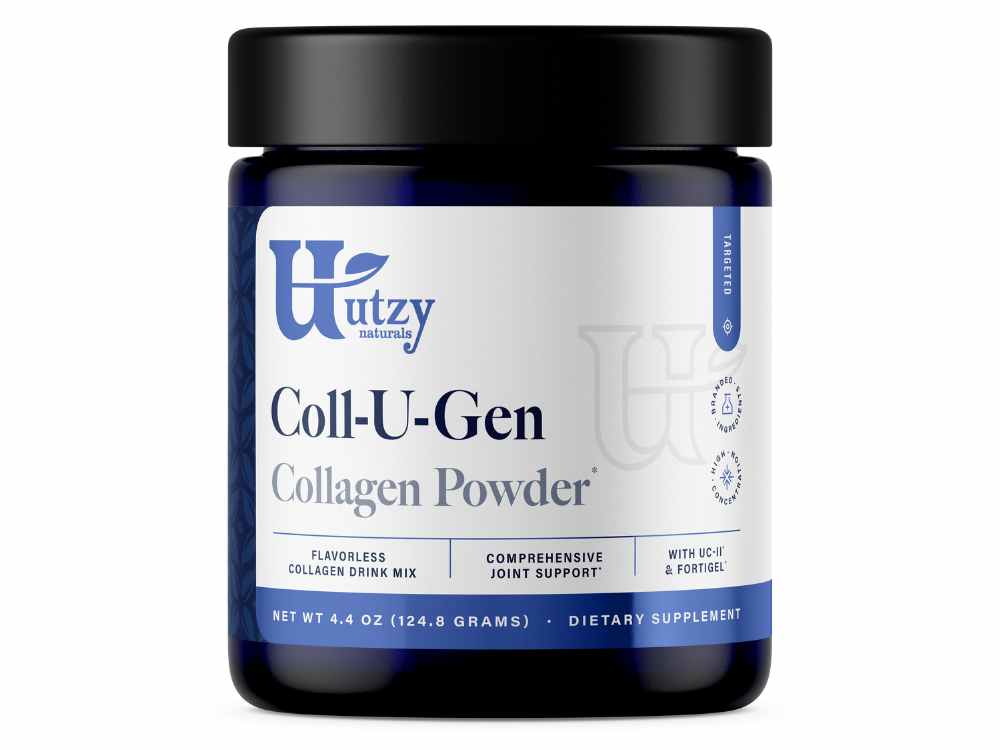Your Cart is Empty
COLLECTIONS:
SPECIAL OFFERS:
LEARN:

Meet Your Ingredients: TURMERIC
September 01, 2017 3 min read
In recent years Turmeric, the strongly flavored spice with a golden hue, has become very popular in the health and wellness community. With over 3,500 studies, Turmeric is quickly becoming one of the most researched herbs in the world.
Known for its ability to help maintain proper inflammatory balance, Turmeric is well deserved of the attention that it gets.
So what makes Turmeric so special? It all comes down to a couple of unique compounds found in Turmeric. If we break down Turmeric to its molecular level you’ll see that it contains a special group of antioxidants known as curcuminoids.
The most abundant curcuminoid found in Turmeric is Curcumin, which has been identified as the active ingredient in Turmeric. Curcumin is a powerful antioxidant and is responsible for the majority of health benefits attributed to Turmeric.

Curcumin vs. Turmeric?
Curcumin is the most abundant and active antioxidant in Turmeric and as a result has received the most attention for its health promoting properties. This is why you’ll often see the words “Turmeric” and “Curcumin” used interchangeably. Keep in mind though that Curcumin is only a portion of what makes up Turmeric.
If you are taking only a straight “Turmeric powder”, you may not be getting a whole lot of Curcumin, the active ingredient. This is why it is important to make sure that you buy a Turmeric extract standardized to contain Curcumin.
For instance, our Essentially-U Multi-Nutrient contains Turmeric extract standardized to contain 95% Curcumin.

Learn More about our Essentially-U Multi-Nutrient.
Turmeric Plant Classification:
Turmeric’s botanical name is Curcuma longa. The plant is low to the ground and produces both a flower and a rhizome (an underground, root-like stem). The rhizome (pictured above) looks very similar to ginger; it is this root-like stem that produces the vibrant yellow colored Turmeric spice.
Though it grows throughout the tropics, India is the largest producer of turmeric in the world.
History of Turmeric:
In recent years Turmeric has attracted quite a bit of interest for its natural health properties, but it has actually been used medicinally for over 4,000 years. The use of Turmeric dates back to the Vedic culture in India, where it was used as a culinary spice and had some religious significance.
According to ancient Sanskrit treatises and traditional Ayurvedic medicine, turmeric has a long history of medicinal use in South Asia. Analyses of pots discovered near New Delhi uncovered residue from turmeric that dates back to as early as 2500 BCE. It was around 500 BC that turmeric emerged as an important part of Ayurvedic medicine.
In 1280, Marco Polo described this spice, marveling at a vegetable that exhibited qualities similar to that of saffron.
Benefits of Turmeric:
Through its antioxidant mechanisms, the active ingredient in Turmeric is Curcumin, which supports gastrointestinal (GI) health and helps to maintain a healthy cardiovascular system.
Curcumin has been shown to play a crucial role in maintaining proper inflammatory balance in a variety of bodily systems due to its strong NFkB-modulating properties. Studies have shown curcumin supports the maintenance of balanced inflammation in the GI tract, promoting GI health and helping to reduce stomach lining discomfort.
Curcumin has been found to provide antioxidant protection to the cardiovascular system, and to help modulate low mood and fatigue by supporting a normal immune response, reducing oxidative stress and intestinal hyper-permeability.
In addition to this, it has been reports that Tumeric is beneficial for helping maintain healthy natural weight balance.
***
So what's stopping you? Try this amazing natural ingredient and start benefitting from it! We offer a beneficial amount of Turmeric in our Essentially-U multivitamin along with all of the essential vitamins and minerals that you need for daily health. We include our Turmeric in a high potency extract standardized to contain 95% Curcumin.
_______________________________________________________________________________
References:
Herbal Medicine: Biomolecular and Clinical Aspects. 2nd edition
https://www.ncbi.nlm.nih.gov/books/NBK92752/
Plant Medicine News - The Benefits of Curry
Leave a comment
Comments will be approved before showing up.
Also in Ingredients

Trace Minerals: The Complete Guide To Why You You Need Trace Minerals
August 29, 2018 7 min read
Read MoreSubscribe
Sign up to get the latest on sales, new releases and more …
Join the Utzy Naturals Club!
Sign up and get the latest on sales, new releases, and more...








